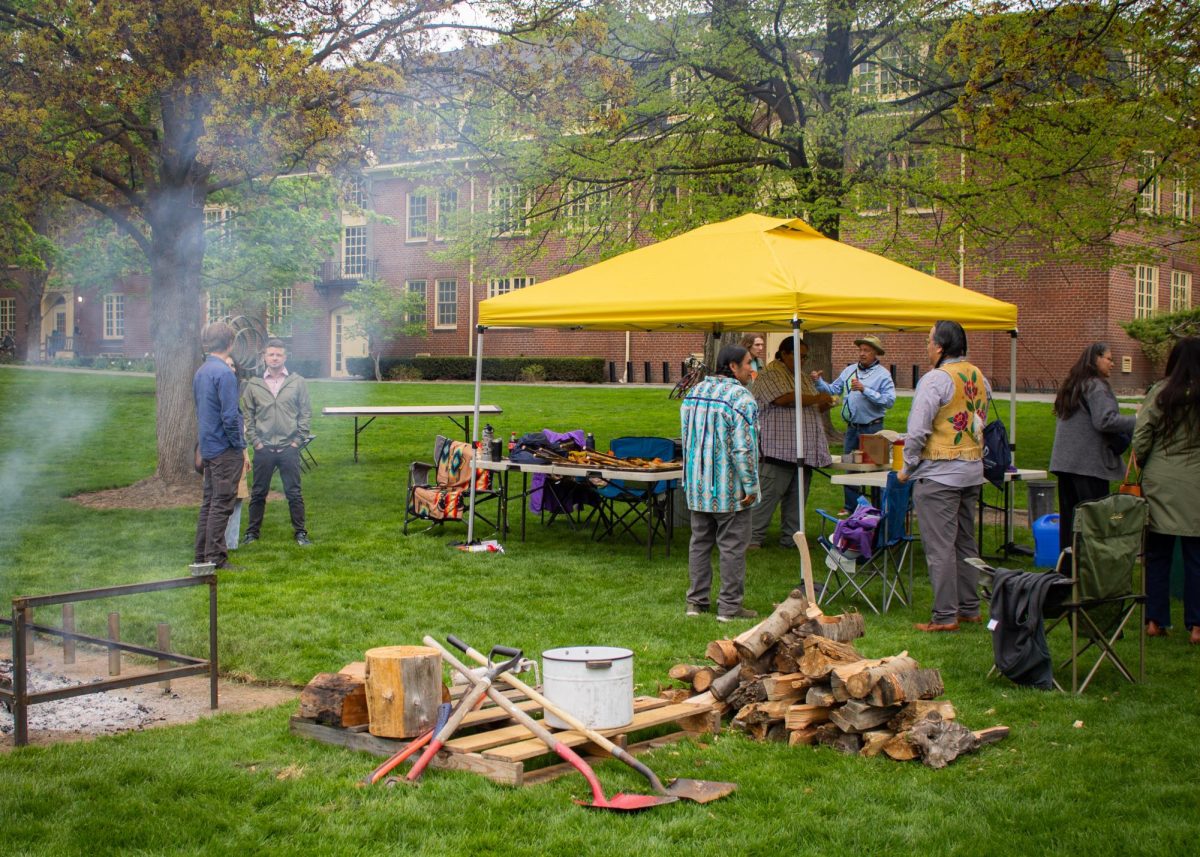by Christina Russell
“Change is a hard thing,” said Lynn Sharp, head of the board of faculty appointed to revise the Antiquity and Modernity curriculum.
Antiquity and Modernity, the required class for the first-year student body known to the Whitman community as “Core,” has essentially been the same for the past 12 years. Minor augmentations have included the addition of Medea and Mozart in recent years, the removal of Rousseau’s “Discourse on the Origin of Inequality” and the incorporation of a different version of Sappho. However, the program hasn’t seen any drastic changes in the past several years. Nor will it anytime soon.
Sharp has been working for the past year with the General Studies committee and now works with a group formulated from professors young and old with diverse experiences whose only commonality is that they’ve all taught Core. This group meets with the understanding that it is “time to revise,” said Sharp. “I wouldn’t call this a major overhaul.”
Last year, thought was given to changing the times at which Core was held or offering it at a variety of times. Ultimately, it was decided that the time would stay the same. The reasoning behind this choice was that it would ensure that all students were reading the same books at the same time. “You’re reading Medea, your roommate is reading Medea, the person across the hall is reading Medea, and you are all talking about it,” said Sharp.
Logistically, having the course at the same time grants Core professors priority in choosing classrooms as well. Also, the time consistency makes it easier for first-years to take other entry-level courses without worrying about compromising for Core.
“We’re talking a bit early,” said Sharp. “I can’t say how much change will happen within the next year.” Thus far, what they do know is that it is forecasted that changes will be proposed and decided upon by the end of next spring so that the first-year class of 2011 will be the first to study under the new syllabus.
Two surveys were conducted last year: one for the now junior class student body and one for faculty: inquiring what participants liked and disliked about Whitman’s current approach to teaching the required first––year course. Results of the survey showed that in general, most were favorable of the existence of the course. Ultimately, two main issues surfaced as components of Core that were “broken,” said Sharp.
First, that there are too many texts, which is a direct corollary to the second, that there isn’t enough time to work on writing. A less predominant complaint was that there should be a mixture of Western and alternative voices. As a result, the committee intends to discuss solutions that will emphasize a reduction of the volume of text in order to promote the integration of writing instruction.
While there are no plans to replace texts from the Western tradition with alternative pieces, strides are being made to evaluate the possible inclusion of more “non-dominant” voices. Sharp mentioned Karl Marx as a non-dominant voice, whereas the Koran and the Tao would qualify as alternative voices, that is, as voices from cultures other than our own.
“The Committee hasn’t finalized anything,” said Sharp. “There’s always controversy. The goal of Core is to get students thinking and writing in a creative, constructive and collaborative way. There are people that are worried we’ll lose the integrity of the course. We on the committee hope not to do that.”








